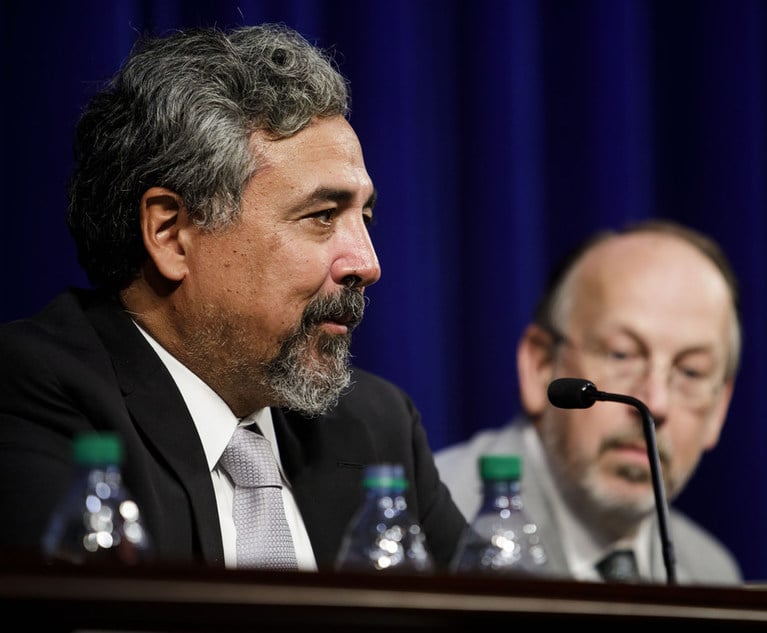 In recent years, several motion courts have entertained the idea that a plaintiff in a personal injury case may spoliate evidence by receiving treatment for an injury before the defendant’s physical examination is conducted. Treating a person’s medical condition at a given point in time as “evidence” that can be culpably “destroyed” by medical care would have wide-ranging implications. In its recent decision in Gilliam v. Uni Holdings, 201 A.D.3d 83 (1st Dept. 2021), the First Department conclusively rejected this line of cases and held that “the condition of one’s body is not the type of evidence that is subject to a spoliation analysis.” In this column, we will discuss the winding road of decisions that led to Gilliam and the significance of Gilliam itself.
In recent years, several motion courts have entertained the idea that a plaintiff in a personal injury case may spoliate evidence by receiving treatment for an injury before the defendant’s physical examination is conducted. Treating a person’s medical condition at a given point in time as “evidence” that can be culpably “destroyed” by medical care would have wide-ranging implications. In its recent decision in Gilliam v. Uni Holdings, 201 A.D.3d 83 (1st Dept. 2021), the First Department conclusively rejected this line of cases and held that “the condition of one’s body is not the type of evidence that is subject to a spoliation analysis.” In this column, we will discuss the winding road of decisions that led to Gilliam and the significance of Gilliam itself.
The doctrine of spoliation relates to the loss or destruction of material evidence. “A party that seeks sanctions for spoliation of evidence must show that the party having control over the evidence possessed an obligation to preserve it at the time of its destruction, that the evidence was destroyed with a culpable state of mind, and that the destroyed evidence was relevant to the party’s claim or defense such that the trier of fact could find that the evidence would support that claim or defense.” Pegasus Aviation I v. Varig Logistica S.A., 26 N.Y.3d 543, 547 (2015) (internal quotation marks omitted). Spoliation sanctions “are not limited to cases where the evidence was destroyed willfully or in bad faith, since a party’s negligent loss of evidence can be just as fatal to the other party’s ability to present a defense.” Squitieri v City of New York, 248 A.D.2d 201, 203 (1st Dept. 1998). A party’s obligation to preserve evidence, at least under traditional spoliation rules, can predate the commencement of a lawsuit, even without a formal demand. See, e.g., Erdely v. Access Direct Sys., 45 A.D.3d 724 (2d Dept. 2007).






